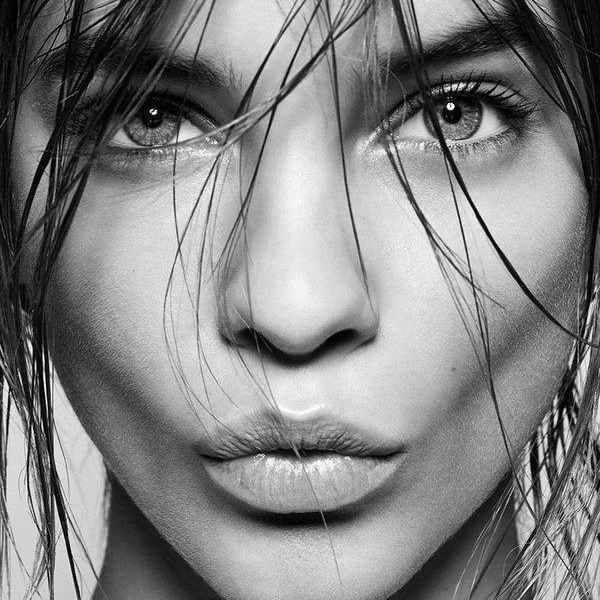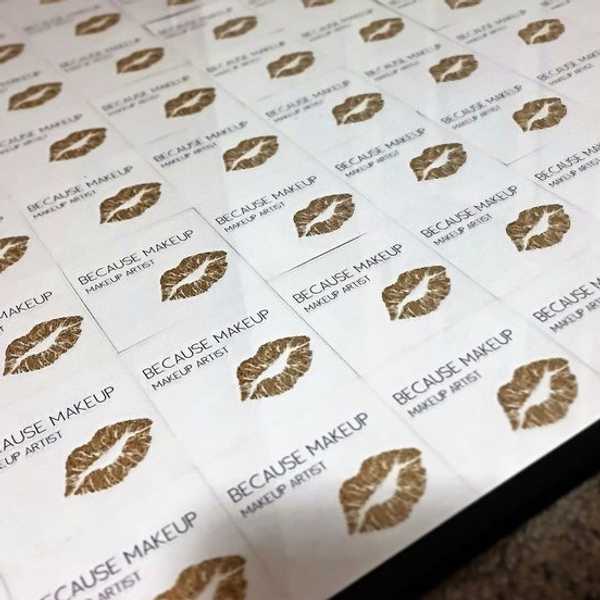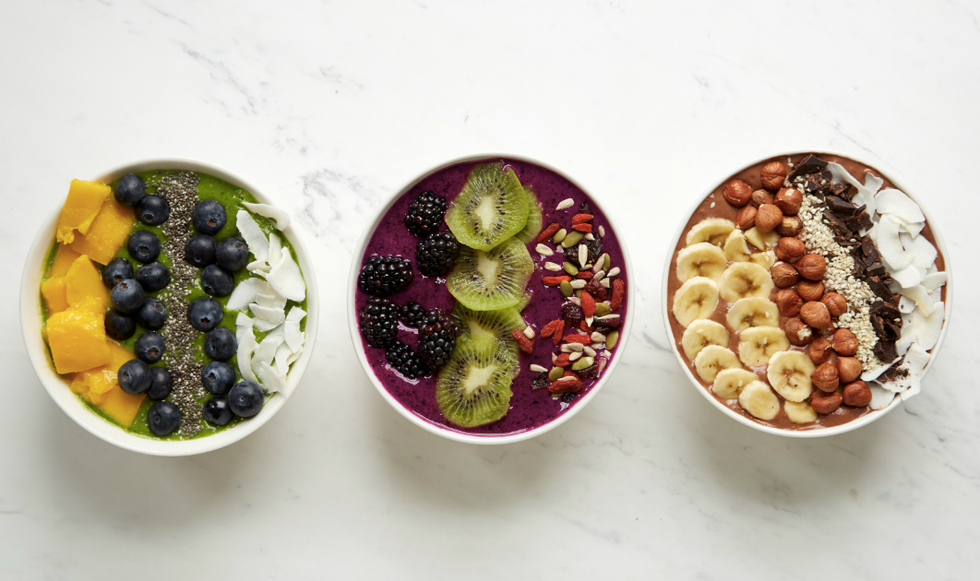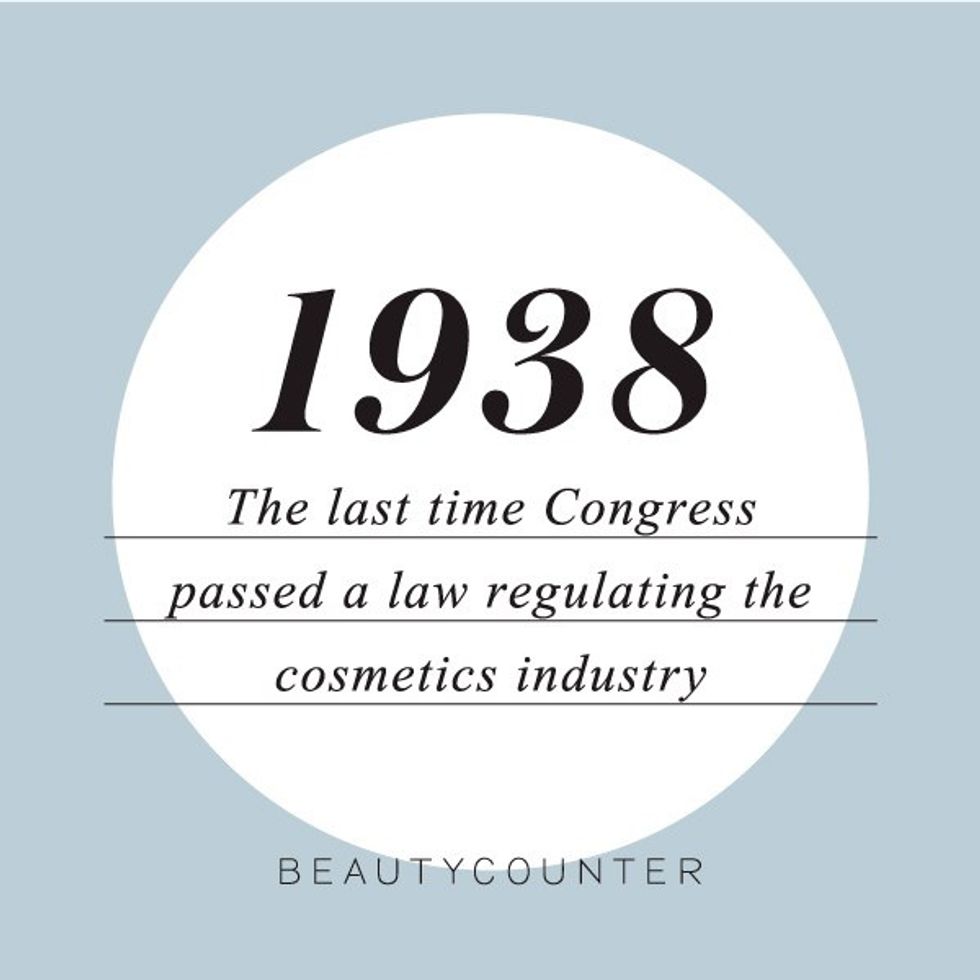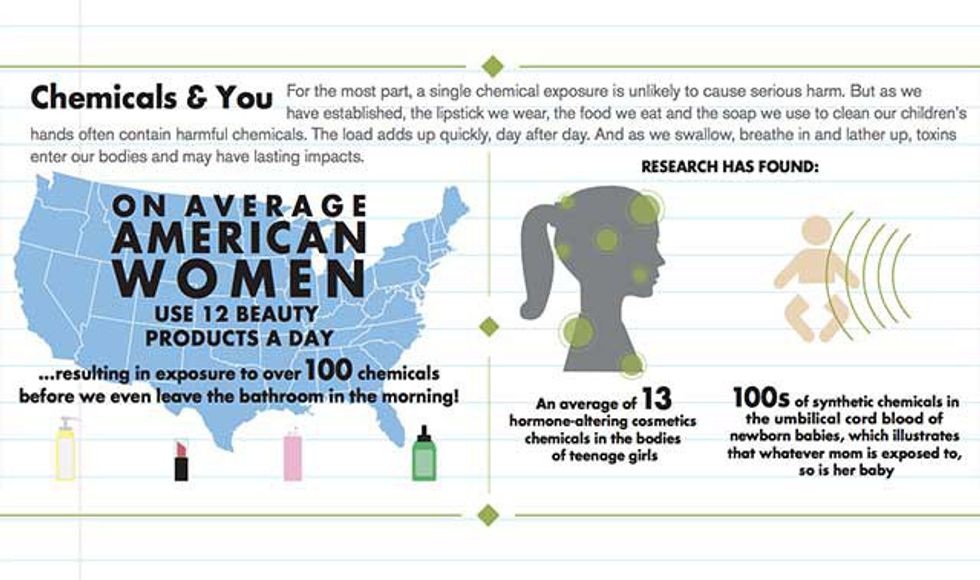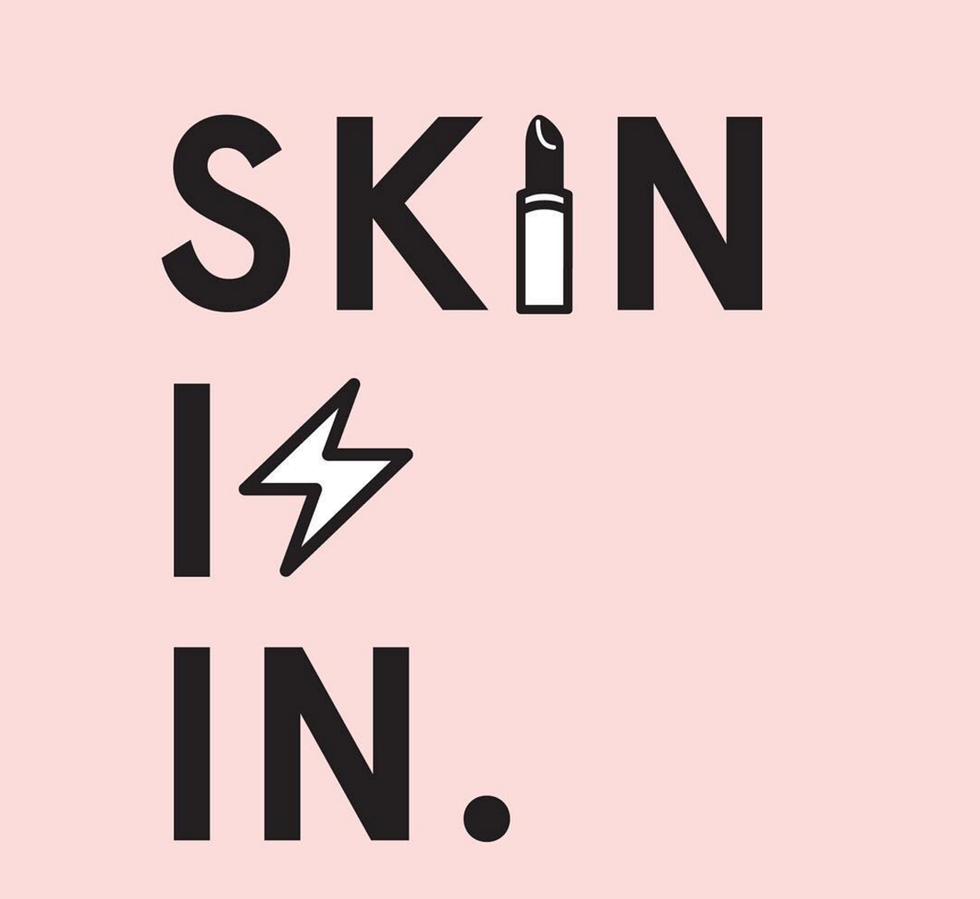Search the word “healthy” on Instagram, and you’ll discover a society of food and fitness blogs preaching the importance of mindfulness. Healthy lifestyle blogging has recently become a universal trend that pushes people to become their best selves.
Thirty years ago, people were still under the impression that an all-carb diet would lead to weight loss. Sixty years ago, producers of children’s movies and TV shows wrote cereal advertisements into their storylines so their viewers would recognize specific brands next time Mom brought them to the grocery store. Still today, specifically in the U.S., the food industry self-regulates advertising. According to the Federal Trade Commission, “The marketing, agency and media industry set voluntary rules and standards of practice that go beyond their legal obligations.”
Thankfully, the United States is starting to catch up with other countries in terms of what they products they should and should not be buying. Not only that, but rules on advertising are becoming stricter and nutrition labels are becoming easier to read. The world as a whole is starting to realize the importance of recognizing what kinds of foods we’re eating and how much exercise we should be getting on a regular basis. There are even nutritionists, dietitians, trainers and hypnotists who will help you figure out what foods and exercises are best for you as a unique individual. But what about the tongue-twister ingredients we put on our faces?
It’s obvious that the world is not on the same all-natural page with makeup as it is with food. I myself paid no attention to the ingredients in makeup products until I graduated high school and Gregg Renfrew, an alumna of my school and creator of Beautycounter, gave a speech on the importance of using natural products (and being healthy, confident and happy in general). I gave the subject even more attention when my friend Hannah started talking about it on her own successful wholesome lifestyle blog.
The standards for makeup safety haven’t changed since 1938– the same year the Food and Drug Administration, commonly known as the FDA, was created. But major food and makeup companies have more control over the government’s decisions to act on regulations than most people are aware of because they bring in such a large portion of the nation's income.
Unfortunately, natural-ingredient makeup is usually more expensive, the same way organic and simple ingredient foods tend to be more expensive. Of course, natural products might be less expensive if more consumers invested in their products, but it wouldn’t be a significant drop. Cost, however, is not the only reason why people seem to be less interested in switching to natural makeup products than they are in cleansing their vanity cabinets of artificial ingredients. I’ve noticed through my own observation that natural-ingredient makeup products don’t have the same kind of marketing advantages that large, conventional makeup companies are able to muster.
Within the past year, my social media has been filled with advertisements for a relatively new makeup brand called Glossier; I’m sure many of my college-aged friends reading this article known exactly what this is. The company launched in 2014, but it seems like 2016 has been a big year for their marketing team. Facebook, Instagram, Tumblr, Pinterest– you name it; Glossier has taken the Internet by storm. Even the girls I go to school with post pictures of their own Glossier products on social media because they are so photogenic and clean-looking; set them against a marble or white-bedsheet backdrop and you’ll be on your way to Insta fame in no time. But put their products in different, more average-looking bottles and tubes and the desire to buy them would disappear.
Despite the fresh, new advertising and glamorous reputation, even Glossier admits on their website that their products are not made with all natural ingredients: “A lot of our most popular ingredients and the ones people have responded to are the ones you can find in your kitchen, like honey or leafy greens that are in our masks. [Milky Jelly] has some really great natural moisturizers. But there are some chemicals that are good. Artificial doesn’t always equal bad.” This a step in the right direction, but still not exactly what I’m looking for.
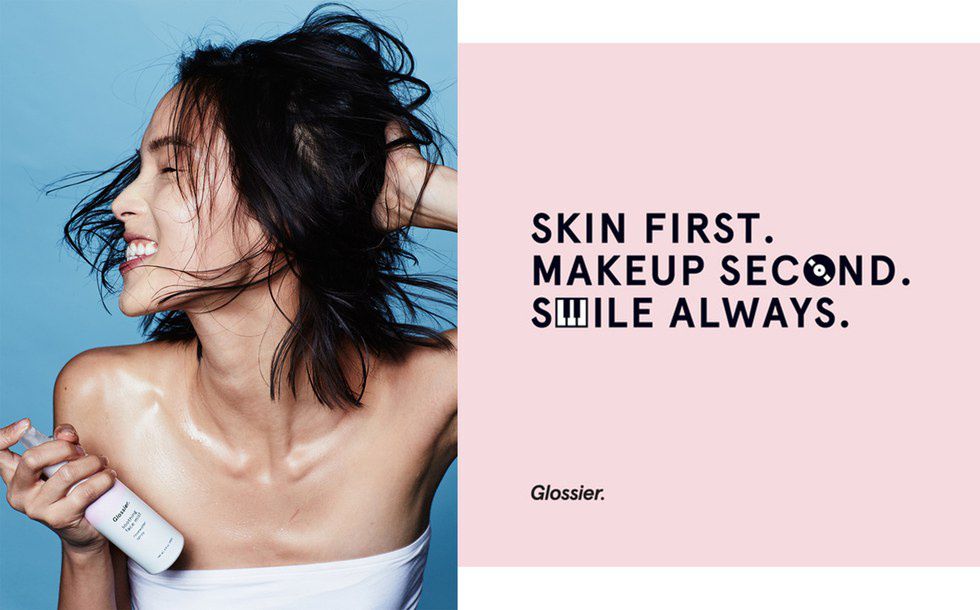
First, I want to address that last part, “artificial doesn’t always equal bad,” because it certainly doesn’t– but to what extent? How many chemical products can I layer on my face without putting my skin in danger? This isn’t to say I don’t like Glossier or have anything against the company, because I really don’t; in fact, I think they’re genius and I love their online aesthetic. I’m just using it as an example to show how smart marketing and advertising can sometimes influence our decisions more than our own knowledge of what we are buying. Note that the “chemicals” mentioned in the previous quotation aren’t listed or explained. Why don’t they “equal bad?” Well, if an expert says it, it must be true...right? If the website is pretty, and I get free stickers in the package, and it helps me step of my Insta game, why not?
Let’s be honest: we all eat cookies and ice cream every once in awhile, but it’s not like eating sugary treats calls for a 24-hour detox immediately afterward. Similarly, buying your favorite kinds of makeup (all-natural or not) and wearing it on special occasions is no biggie. Wearing lots every day, on the other hand, is more dangerous. In fact, studies show that most women, on average, absorb five pounds of makeup per year. In other words, what you put on your body is also what you put in your body. Your skin is your biggest organ! You need to cherish it; protect it from harsh chemicals the same way you’d want to protect your internal organs from harsh chemicals.
Harmful chemicals can be found all over your house. They're in makeup, shampoo, hair spray, lotion, perfume, laundry detergent, nail polish– the list goes on. Some of these chemicals include acrylates, benzophenone, coal tar, mica, lead, and a list of others that have not been banned yet, that can lead to serious, long-term health issues. A lot of these ingredients have been linked with cancer. Tallow is another ingredient commonly used in some makeup products such as lipstick, foundation, and moisturizer that is made– AND USED– from animal carcasses. Some companies even use roadkill to obtain this ingredient. Would you eat roadkill? Would you smother it on your face?
It may seem impossible to avoid all these harsh ingredients, so why bother changing your makeup routine the first place? Well, why would anybody decide to start eating healthy and exercising after years of being clueless about food and physical activity? The physical results of weight loss and healthy eating may appear more significant, but you will definitely see and feel a difference in your appearance once you either switch to more natural products or simply stop using it altogether. But with research, practice and awareness, anyone can do it.
I know that for some, makeup is an art form that they wouldn’t give up for the world. It takes time, money and practice, just like any other serious hobby. So, I suggest that people who love makeup as much as I love ice cream use it both in moderation and try to do a little more research on what products are right for themselves, and what products they want to advertise to their social media followers. For people who aren’t as interested in makeup, I suggest you try lightening the daily load. Invest more in natural cleansers and moisturizers and less in makeup; you will feel much better when you do. As Glossier posted on Instagram, “Skin is in!” so take care of it, in whatever way is best for you.

